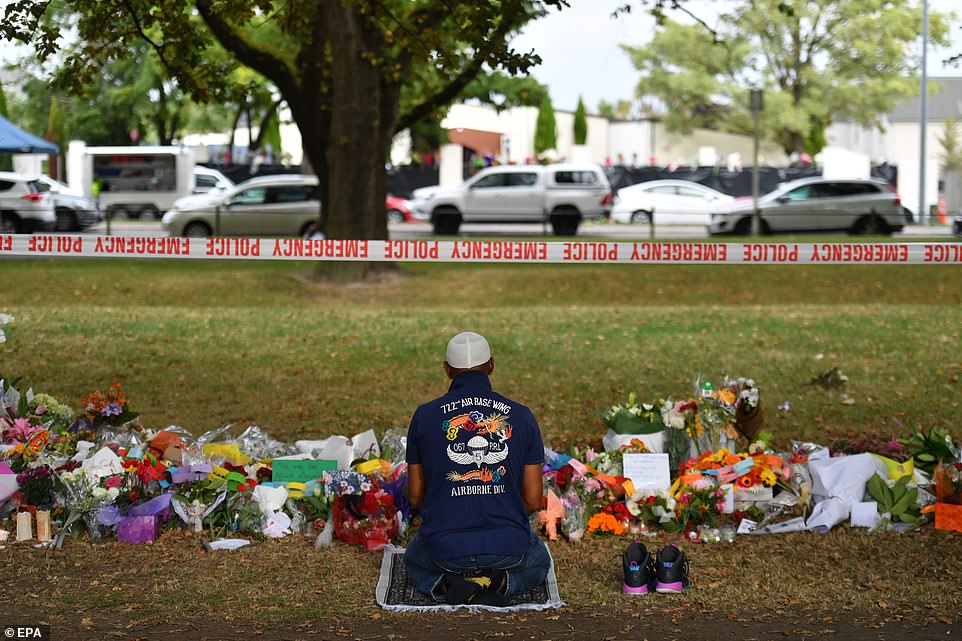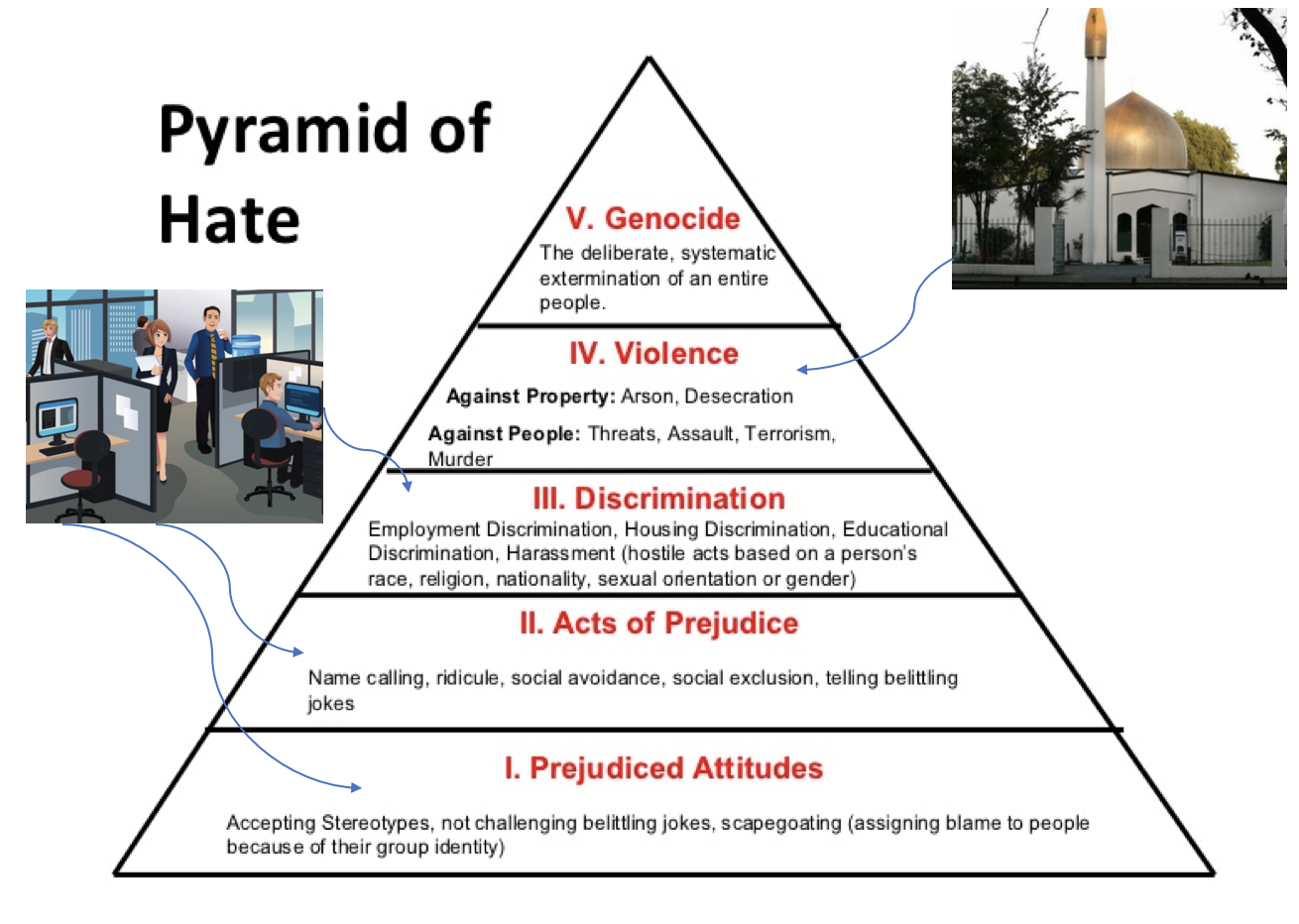I have white skin and I’m angry. Even that feels like a privilege; my anger is likely to be more heard and respected than some black people’s anger. My anger isn’t because I have white skin, it’s because the world I inhabit affords me a kind of discrete superiority due to that whiteness. If we’re truly honest, I think most white people in white dominated societies are sub consciously relieved they’re white – they know that their skin colour will very rarely incite being pulled over by the police, being assessed as a threat on the streets, having their CV cast aside because they ‘don’t fit here’. I returned a toy to a large retailer just after Christmas; my four year old was having a disproportionate meltdown about the lights and sirens no longer working. I have a strong suspicion he dropped it in the bath but thought I’d try my luck anyway. They tried new batteries in the store and upon deciding it was defunct, gave me a new one. As I drove away with my deliriously happy child, I knew that I had probably been a bit more ‘middle class’ in the way I’d spoken, I’d been exceptionally friendly and behaved in a way that wouldn’t cast doubt on the toy’s faultiness. If I’d not been white and articulate and used the communication skills I was taught in my middle class school, I genuinely don’t think that toy would’ve been replaced. That’s white privilege in action. It’s not my fault, I didn’t personally cause it but I certainly benefit from it. Driving through an orange light this morning (it was early orange but still…) I had that sinking feeling as I saw a police car stopped at the opposite lights and I smiled at them as I went past in my SUV with my blonde ponytail and they smiled back. Would that have played out similarly if my skin were brown or black? White privilege. It’s in just about every interaction I have in this world because I grew up in a world where whiteness is considered subconsciously (for the most part) ‘better than’. Which means someone who has different pigment in their skin to me will lose opportunities, be mistrusted and risk being arrested or killed by police in the United States at the moment. I can’t know what that feels like, but I can only imagine it hurts deeply and evokes visceral anger.
In New Zealand, if you’re Māori and convicted of assault, you’re twice as likely to get a prison sentence than if you have white skin. Asians achieve very well academically in this country but make up fewer than 1.5% of board directors, in fact I rarely see an executive team with a Māori, Pasifika, Asian or in fact ‘any colour but white’ person so decisions continue to be made that maintain the status quo and enhance white privilege. Not on purpose. But they do. A research project showed teachers clips of pre-schoolers playing (a black boy and girl and a white boy and girl) and asked them to press a key every time they saw challenging behaviour. 42% of 135 teachers chose the black boy when there was no such behaviour – teachers were being set up effectively. Counter wise, if you set teachers up by telling them they have academic geniuses in their classroom, those kids will do better even though they’re not more gifted. This is called the Pygmalion Effect and I don’t doubt the reverse applies. I’ve been a teacher; I know how much bias creeps into the treatment of young people. So, layer upon layer of bias and negative expectation is shovelled up to Māori, Pasifika and all children of colour in this country and many other countries every year of their schooling life. And then they leave school and hit bias in recruitment, bias in promotion, bias in network building, bias in project distribution, bias everywhere.
One of the great privileges of the client work I do is running focus groups and interviews with staff members across an organisation to understand the barriers to a healthy and inclusive culture. Here is just some of the stuff I’ve been told over the last five years;
‘I moved to a small town in New Zealand and the first day I arrived, I took a break from unpacking and went for a walk to get the lay of the land. The police arrived soon after and said they’d had reports of me ‘behaving suspiciously’. Being black in a white town was suspicious enough to call the police’.
‘I’m obviously Pakeha and my husband is Samoan which means our children are brown. I see the racism they face constantly and the most shocking thing is that my husband isn’t shocked. He’s just used to it. When my baby was born, a woman asked to see him in the supermarket and upon seeing he was brown skinned said ‘you must be so disappointed’.
‘My wife is Chinese and people are always making jokes about Asian drivers or just making comments about Asians in general. They think it’s just banter so it’s fine and I think they forget that’s my wife they’re talking about’.
‘You have to fit the mould to work here; be a white middle class man. Māori, Asians, women – they have to work extra hard to prove themselves and even then, they don’t get the same opportunities.’
So somehow we’ve inherited a society in which some people will do better than others because of the colour of their skin and others will do worse for that reason. Let that sink in. It’s pretty dumb, right? Often blatant racism is easier to stand up to than the nuances of privilege, banter and subtle proffering or removal of opportunity based on skin colour. But the blatant racism doesn’t spring up from nowhere in a few ‘bad cops’ or idiots on the street who yell at New Zealand Asians to ‘go back to their own country’ when Covid first arrived. Overt racism is supported by an insidious underlying platform of quietly accepting privilege, stereotyping, banter and us choosing not to challenge the behaviour that subjugates certain groups to the advantage of others.
I talked to my four year old about George Floyd. Appropriately of course, but he needs to know what’s happening in the world he has been born into. Black kids, Māori kids, racial minority kids across the world are raised to not wear their hoods up, to not look threatening, to not speak loudly, to not get arrested, to not get shot. We need to raise white kids not just with kindness and empathy but with a little bit of outrage now. The same outrage people of colour have had for generations. Rioting and setting fire to stuff is actually understandable when nothing else has worked. But that won’t work either, especially with the deleterious, narcissistic and frankly frightening leadership in the US at the moment. Kids need to have constant conversations about inequality, privilege, bias, sexism, racism, exclusion – we need to raise a generation of white kids who are actively anti-racist – who won’t purposely capitalise on white privilege, but who feel outraged that such things exist.
Check your kids’ books, TV shows and films; you might suddenly become aware of how white and how male they are which is a dangerous impression to give our kids of the world. Give them a diverse lens through which to view society.
Check your work and social network over the last couple of weeks; how many people have you spent time with you who look, think and sound differently to you and your family? Listen to people of colour, ask questions, connect and learn. If we get to know people who are different to ourselves, prejudice diminishes. In parts of New Zealand you have to work quite hard to create diverse networks but we’re not enhancing the world if we don’t make that effort.
We’ve been having the same conversations for years about this, it’s time to not just look away when someone makes a racist joke, racially stereotypes, or casts aside a CV with the name Mohammed, we have to call this stuff out. George Floyd can’t just be one more name we add to a list of people killed due to the colour of their skin. We can no longer ride on the coat tails of privilege, it is our duty to move this mountain of prejudice, one stone at a time. We all have the strength, capacity and love to be anti-racists.


